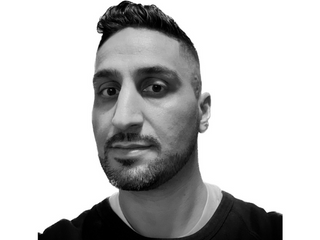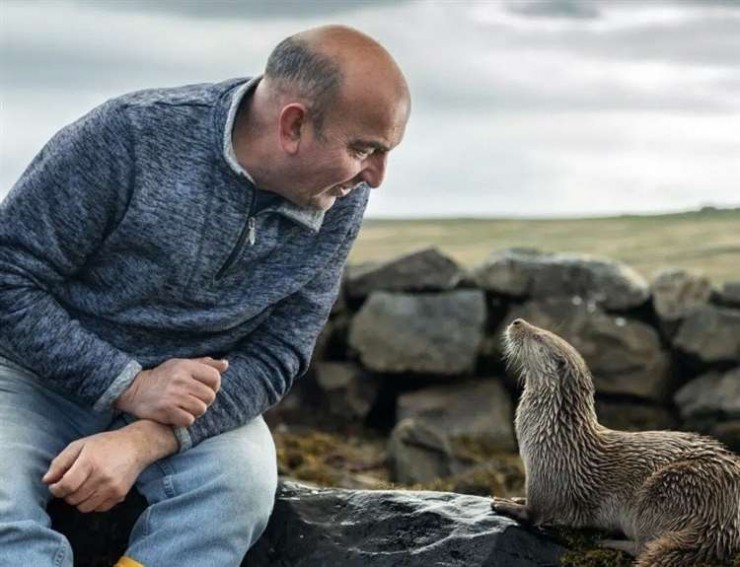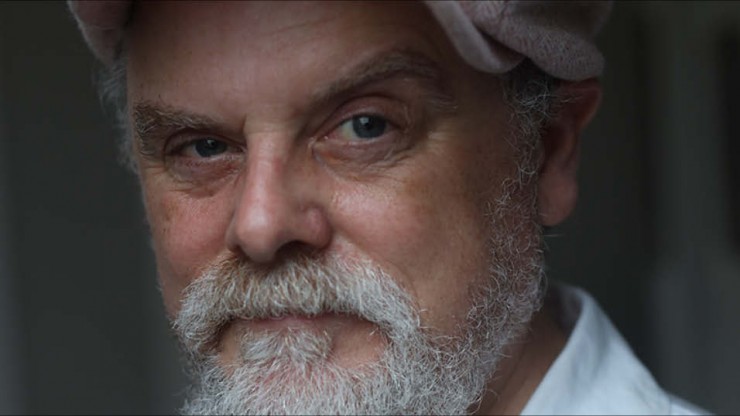Our Featured TM Pro Member today is Kanwaljeet Singh Thind, editor.
We caught up with Kam to find out about his job and his advice for anyone who is interested in a career in the edit.
Why did you become an editor?
I didn’t want to be an editor… I wanted to be an animation commercials director! I was naive… I didn’t realise when I graduated, what the true process of editing involved. I thought an editor was just an operator. Everything was all shot as per a storyboard and the editor just laid out the director’s vision. I realised later when I started working, the role of an editor is more collaborative and creative. Also, productions are never that simple! I really enjoyed the editing part of my first job, so when I left the company, I decided to follow that path
How did you get into editing?
Through my first job in television… I joined a company called Video Networks in 1998. It was creating a cutting-edge video on-demand service called HomeChoice. I started as a compressionist, quality checking the compressed videos. I realised the process was cumbersome, watching feeds in real time and re-encoding when the videos failed. I decided to investigate a mpeg editor, that would allow us to remove the damaged section and export quicker. I implemented this in the department, speeding up the workflow. This was my first foray into editing! A few months later, I was promoted to being an edit assistant, but my job was more than a regular assistant role. I wrote, directed, produced, edited, graded, created graphics and audio mixed for all the promos on the service when it launched in London. I was cutting trailers and promos for television programmes, movies, and music videos for all the channels on my own. It was more like the role of an editor and promo producer, which got reflected later when the company changed my job title to promo producer then to senior promo producer when the team expanded.
How did you learn to be an editor? What skills do you need?
Even though I learned how to edit at university, most of it was on the job. When I moved to the video department, there were only 2 of us. Myself and by boss Philip Freeman. I didn’t have a clue what I was doing, and I was totally out of my depth. Philip kept reassuring me that I would be fine… but I didn’t really believe him! He gave me tutorials on the how the edit worked. I spent any spare time learning about editing, sound design, script writing, tech support, etc. I would constantly make my own projects so I could learn more. I would pester the graphics and sound departments on our floor to learn how things worked. I hoovered up anything people would teach me. The whole creative team was so supportive. Even our kit supplier, who ended up coming in house, Mike Whelan gave me endless tech knowledge and advice. Skills wise, you need more than just technical knowledge, you need to have a good sense of story. You also need to be able to communicate your ideas and have a lot of patience, as the job involves watching material repeatedly. Plus, a keen eye for details.
What kinds of programmes do you edit?
Observational & Dramatised Documentaries
What are the most challenging projects to edit?
Most of them! The edit is an evolving beast, no matter how much you feel you have tamed it, there is always something that comes and bites you. So always be ready for that. It is part of the joys of being an editor - The extreme problem solving!
What would be your advice to someone trying to get into editing?
Be keen, take any job no matter how small to learn. Also, shoot and edit your own projects, so you can keep learning how the process works. It really helps aid decisions in the edit. Most importantly, “keep telling people what you want to do and be yourself”. That is my old boss Philip’s line. If people know your goal, they are more likely to give advice on how to achieve it and if you are yourself, you will meet like minded people.
What’s your best TV life hack – essentially how do you balance your work/life balance especially as an editor, spending lots of times in dark rooms watching a screen!
Pass… I still haven’t found this. I would say make the most of your commute time!
Why do you like using Talent Manager?
It is good way promote who I am. On projects people don’t always get to know your complete story. Clients assume you are one thing because you have been hired to do a specific job.
In particular, what are the benefits to being a Pro member?
I am a geek for stats, so I like seeing how many companies have searched for me and which are on the lookout.
Thanks for sharing your answers with us! Connect with Kanwaljeet's TM profile here.
Check out his work on 'All Or Nothing: Arsenal' (Amazon Studios) and 'Louis Theroux: Forbidden America here' (BBC/Mindhouse Productions)



